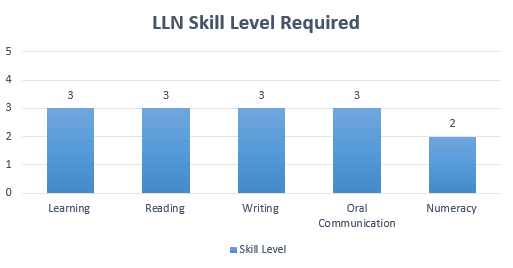Having drinks with mates can be fun, but it’s important to drink responsibly. Drinking excessively can be dangerous, and it can lead to poor judgment and decision making. Drinking responsibly is an important skill for those who choose to consume alcohol. We’ve compiled a few tips for responsible drinking below. Read on to learn more about how to drink responsibly.
Don’t drink on an empty stomach
Always try to make sure you’ve had something to eat before and/or while you have alcohol. Drinking on an empty stomach allows the alcohol to be absorbed into your bloodstream faster, meaning you could feel the effects of it quicker. This is because alcohol is absorbed through your small intestine and stomach. Try to pick foods that are filling and high in protein. Fruits like bananas and avocados are another good pick. Try to avoid consuming too much salty food as this can make you thirsty and more likely to reach for your alcohol beverage to quench your thirst.
Consume plenty of water/other non-alcoholic drinks
Drinking water and/or non-alcoholic drinks can be a good tip to remember when you’re having a drinking session. Alcohol can have dehydrating effects, so ensuring you consume plenty of non-alcoholic drinks can help minimise these effects. While you’re drinking, you may not even realise you’re becoming dehydrated. You might like to try alternating between alcoholic and non-alcoholic drinks, or having a glass of water or soft drink between alcoholic beverages. Consuming water before and during the times you’ll be drinking alcohol may also help stave off hangover symptoms that stem from dehydration.
Avoid binge drinking
Binge drinking refers to the consumption of many drinks in one session, or drinking a lot of alcohol over multiple consecutive days. The Australian Government states that adults should drink no more than 4 standard drinks during one session, and no more than 10 standard drinks in one week. Binge drinking can be dangerous for several reasons. In the short term, it can cause a person to make bad decisions, lose valuables, and embarrass themselves. Over a longer period of time, binge drinking can lead to adverse health effects such as damage to the liver and brain, issues with mental health, and alcohol dependence. Avoid harmful drinking by consuming alcohol responsibly and not to excess.
Drink slowly
Drinking quickly can see you consuming more alcohol over a shorter period of time. Slow down your drinking and pace yourself while consuming alcohol. Drinking games, shots, and taking large gulps can all speed up the rate at which a person drinks, so try to avoid this when drinking responsibly. Instead, pour a standard drink and nurse it. People can generally process around 1 drink per hour, so cap your drinking at this rate if you wish to drink slowly. If you have a habit of drinking whenever a beverage is in front of you, try alternating between alcoholic drinks and water to slow your alcohol intake.
Know your limits
Before heading out, be aware of your limits when it comes to drinking. Have a healthy number of drinks in your mind as your maximum amount and stick to it. Preparing before you head out may help you resist the urge to continue having more, rather than sticking to a healthy amount. When out, be sure to count your drinks and keep a tally in your head (or on your phone) to ensure you do not exceed this limit. This task tends to be easier at a venue where standard drink sizes are adhered to, rather than in a private setting where drinks may not be poured with such precision.
Learn how to pour a standard drink
Counting how many drinks you have is all well and good, but if you’re pouring them yourself and not actually making them standard, it will likely be tricky to work out how much you’ve had. A standard drink contains 10g of pure alcohol, so it can be difficult to know what this looks like as a glass of wine, as a mixed drink, or as a cocktail. Learning what constitutes a standard drink for each type of alcohol and practising how to pour them will help you keep track of exactly how much you’ve had. One way to learn how to pour a standard drink is by completing a Responsible Service of Alcohol (RSA) course. Express Online training offers online RSA courses that can be completed remotely and at your own pace. These courses teach responsible alcohol service, and are required for working in licensed premises.
How do you practice responsible drinking?
You can practice responsible alcohol consumption by being aware of your limits, making sure you have food before and during times when you will be drinking, consuming plenty of non-alcoholic drinks and avoiding binge drinking. Remember to always drink responsibly, and to never drink and drive. For those that choose to drink alcohol, it’s important to foster a healthy relationship – never drink to excess and always keep your limits in mind when heading for a night out.



